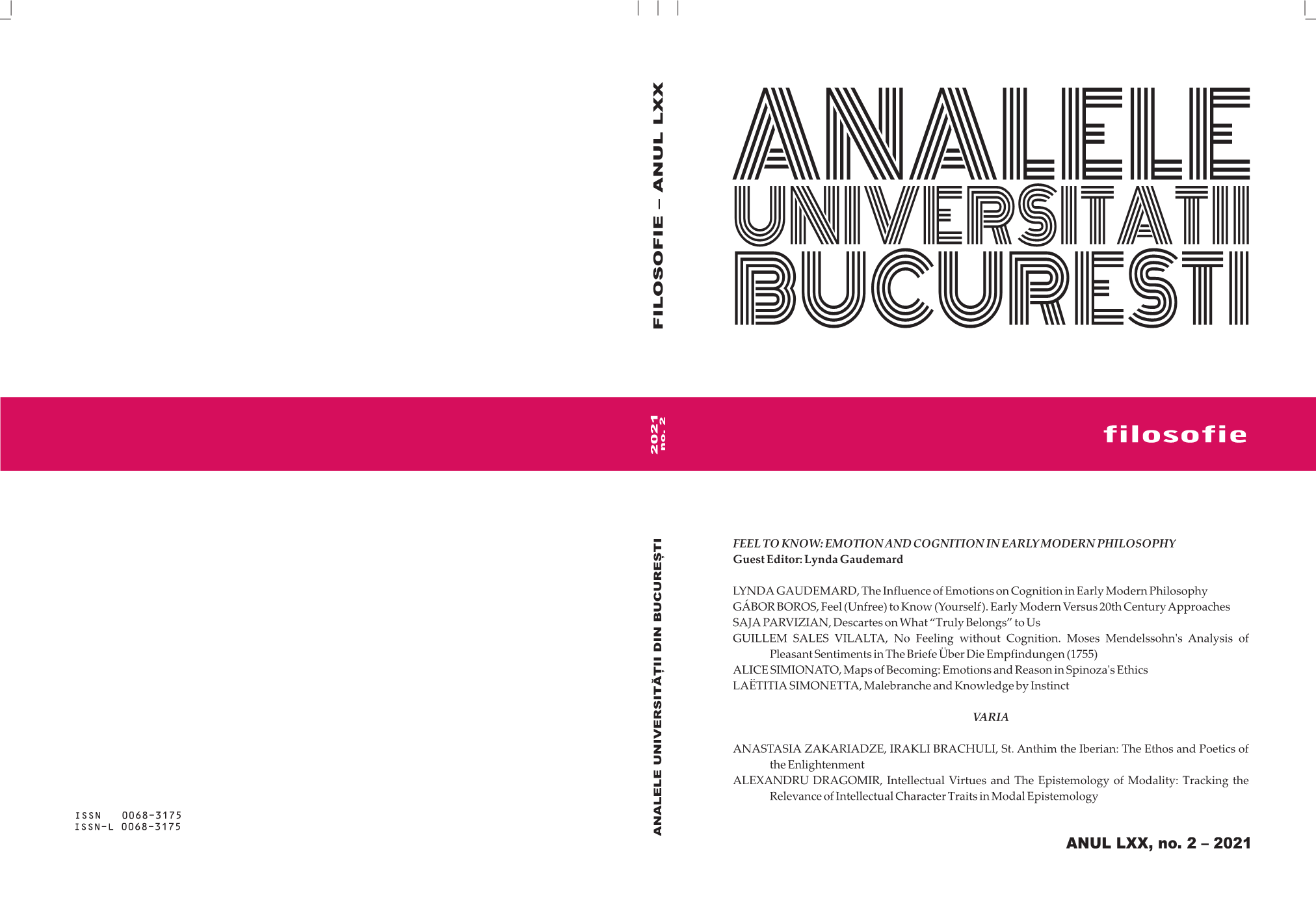Intellectual Virtues and the Epistemology of Modality: Tracking the Relevance of Intellectual Character Traits in Modal Epistemology
Intellectual Virtues and the Epistemology of Modality: Tracking the Relevance of Intellectual Character Traits in Modal Epistemology
Author(s): Alexandru DragomirSubject(s): Philosophy, Epistemology
Published by: Editura Universităţii din Bucureşti
Keywords: modal epistemology; epistemology of modality; virtue; epistemology; responsibilism; character traits;
Summary/Abstract: The domain of modal epistemology tackles questions regarding the sources of our knowledge of modalities (i.e., possibility and necessity), and what justifies our beliefs about modalities. Virtue epistemology, on the other hand, aims at explaining epistemological concepts like knowledge and justification in terms of properties of the epistemic subject, i.e., cognitive capacities and character traits. While there is extensive literature on both domains, almost all attempts to analyze modal knowledge elude the importance of the agent’s intellectual character traits in justifying beliefs about what is possible or necessary. My aim in this paper is to argue that intellectual traits of character, like thoroughness, autonomy, epistemic courage and open-mindedness, are relevant to modal epistemology.
Journal: Analele Universității din București – Seria Filosofie
- Issue Year: 70/2021
- Issue No: 2
- Page Range: 124-143
- Page Count: 21
- Language: English

